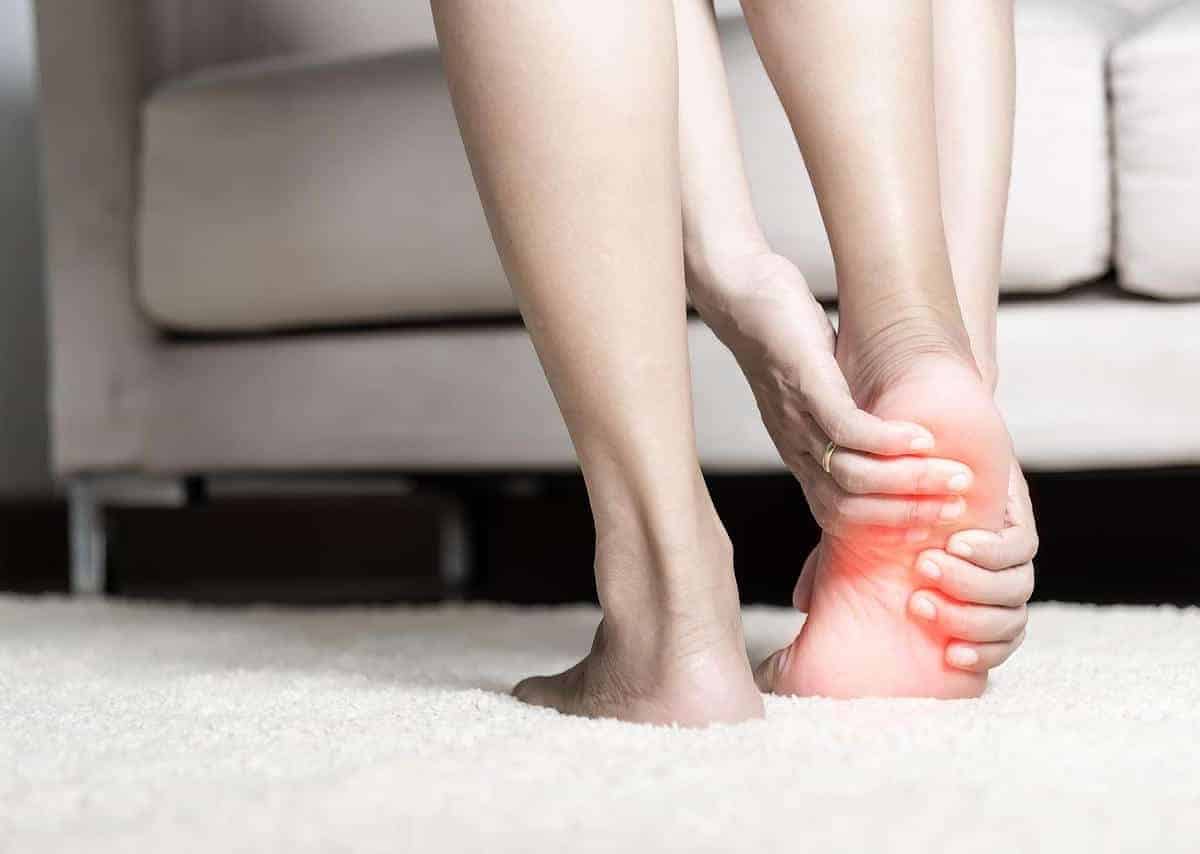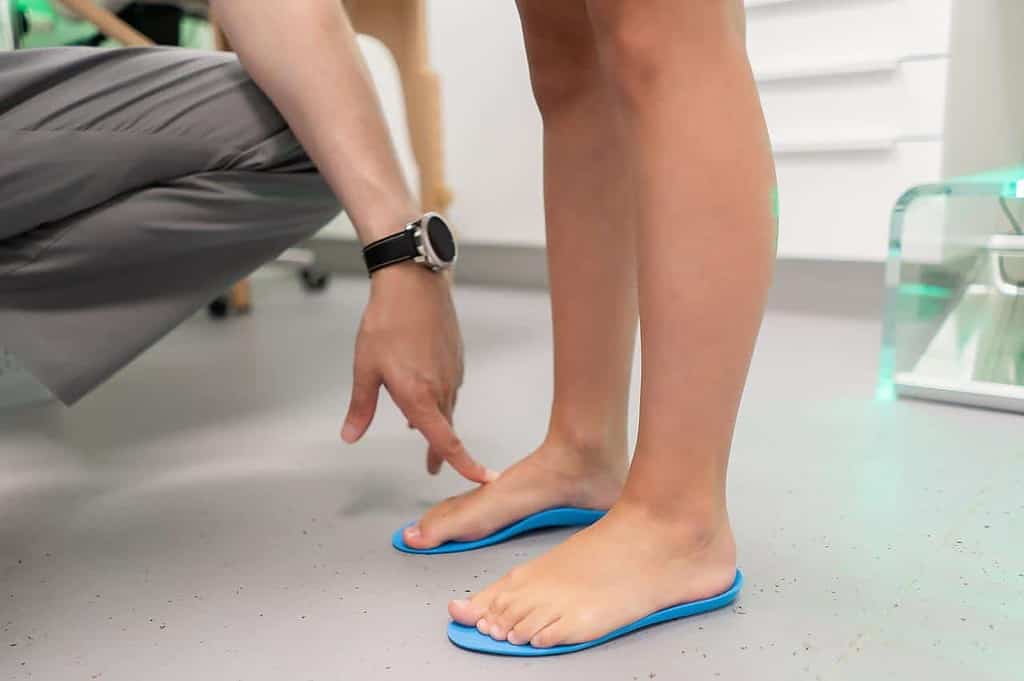
How Orthotics Help Treat Plantar Fasciitis
Do you often wake up with a sharp pain in your heel? Or maybe you’ve noticed an increasing discomfort in your feet after a long day of standing or running? If so, you might be suffering from a common condition known as plantar fasciitis. But don’t worry, Dr Richard Chasen is here to tell you how orthotics can help. Watch the video below to learn what causes Plantar Fasciitis and how orthotics can help to treat this painful condition.
What Causes Plantar Fasciitis?
Plantar fasciitis is an inflammation of the plantar fascia, a band of tissue that connects your heel to the base of your toes. This condition often results from excessive stress on your feet, leading to microtears and inflammation in the tissue. This could be due to your daily activities, such as long periods of standing, walking or running, or it could be because of having a high body weight.
One of the main symptoms of plantar fasciitis is a stabbing pain in the bottom of your foot near the heel, that often occurs with your first steps in the morning or after sitting for a long time. It can make simple activities like walking incredibly painful, disrupting your day-to-day life and even intruding on your leisure activities.
Can Orthotics Help Plantar Fasciitis?

Yes, they certainly can. However, it’s crucial to understand how orthotics provide relief. Let’s be clear. What they don’t do is heal people. Orthotics don’t magically “fix” your foot and instantly cure you of plantar fasciitis. What they do instead is put your body in the optimal condition so that your body can heal itself. They take away the impediment to getting better.
So, while orthotics may not directly heal your plantar fasciitis, they play a pivotal role in creating an environment conducive to healing. In doing so, they reduce pain, enhance mobility, and improve your quality of life as your body works to heal itself.
How Do Orthotics Help Plantar Fasciitis?
So getting back to plantar fasciitis, you have inflammation of a piece of tissue underneath your heel, which fans out and acts like a tie bar for the arch of your foot.
What orthotics will do is take pressure away from one painful spot and distribute it along the rest of your foot. They also change the mechanics of how you walk so that you don’t put as much pressure on it and you don’t start the day in pain and inflammation.
Effectively, what they do is help you recover. But it’s like a seatbelt. They only work if you wear them. Which means you should go to work in them. You wear them at home. You wear them when you’re playing sports. And, by wearing orthotics in that way, it ultimately helps you get rid of the pain and get your life back.
Are Custom Orthotics Worth It For Plantar Fasciitis?
When it comes to orthotics for plantar fasciitis, it’s crucial to understand that not all orthotics are created equal. Over-the-counter orthotics might not provide the right support and alignment your feet need, and hence may not be as effective.
Custom orthotics, on the other hand, are designed to fit the exact measurements of your foot, accounting for any specific irregularities in your heel and arch. As such, custom orthotics are often more successful at providing relief and preventing further issues like heel spurs and bunions.
Other Treatments for Plantar Fasciitis
Orthotics are part of a comprehensive orthotic therapy treatment plan for plantar fasciitis. Other treatments may include physical therapy, stretching exercises, and pain medications. Another effective treatment is shockwave therapy, a non-invasive procedure that delivers sound waves to injured soft tissue, promoting regeneration and repair processes.
Custom Treatment Plans for Treating Plantar Fasciitis
Ultimately, dealing with plantar fasciitis is not a one-size-fits-all situation. What works for one person may not work for another. It’s essential to get a professional evaluation to understand your specific needs better.
So if you’ve been struggling with persistent heel pain and think that plantar fasciitis might be the culprit, it’s time to act. Don’t wait until the condition becomes more severe – Early intervention often leads to faster results and less disruption to your life – so you can go back to enjoying your daily activities pain-free.
Ready to kick plantar fasciitis to the curb? Book an appointment with us at The Lower Limb Clinic today.
